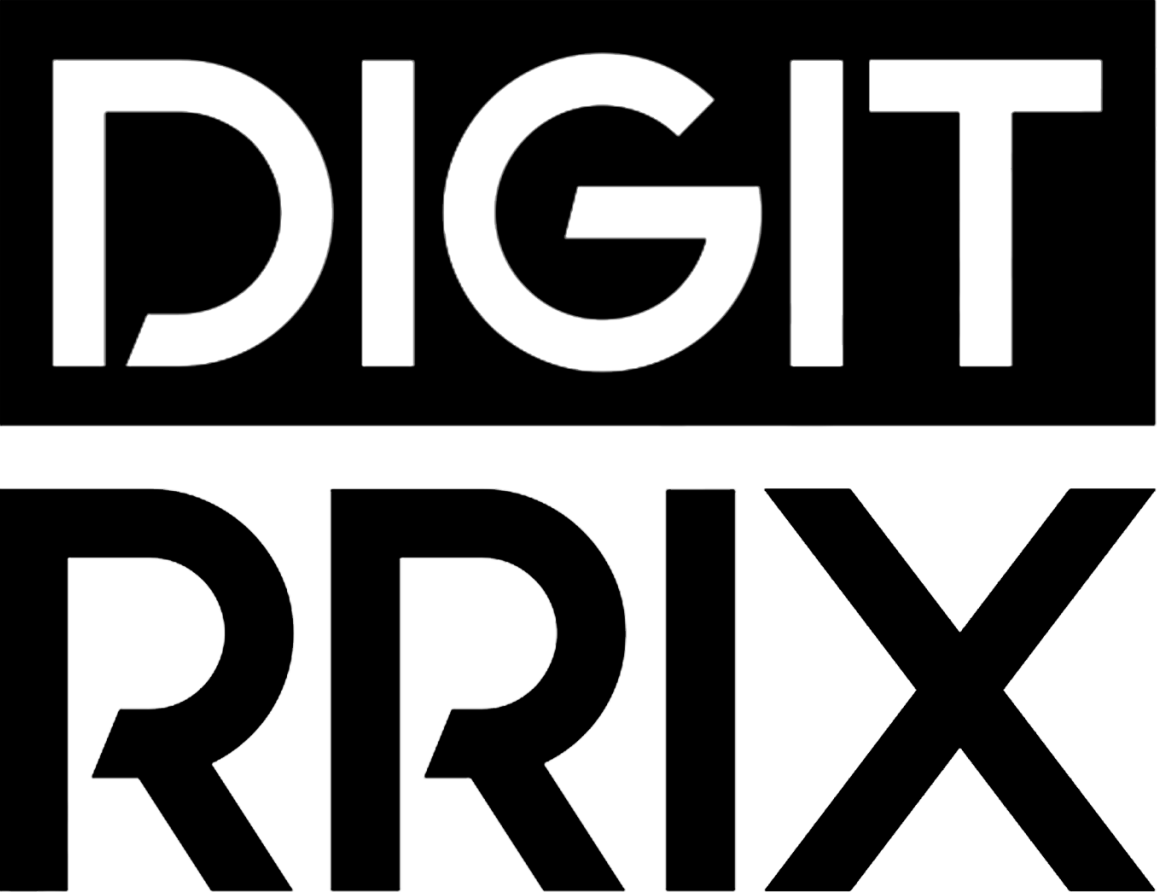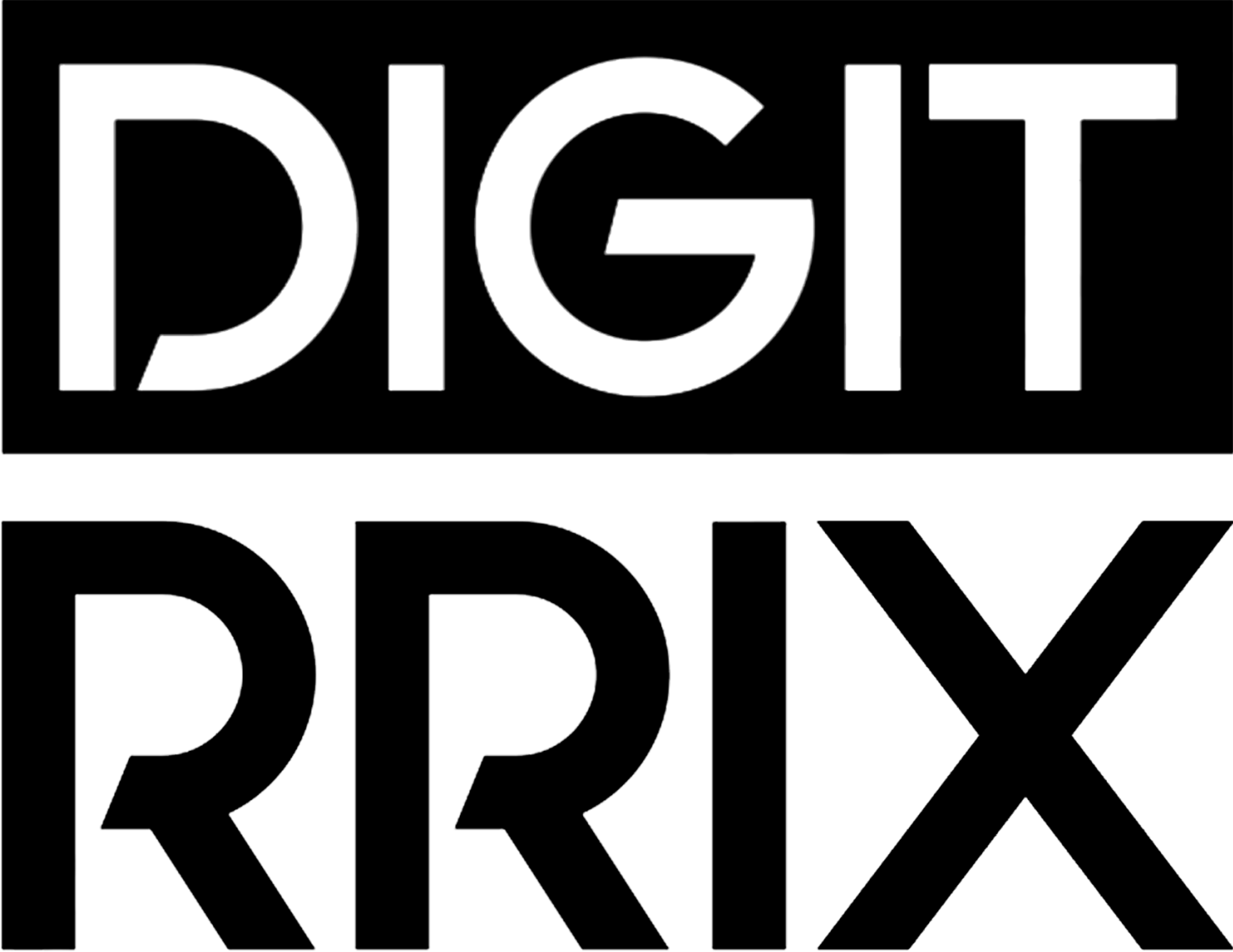
The Future of Marketing: Trends You Can’t Ignore
As we delve into the dynamic landscape of the Future of Marketing, it becomes imperative to recognize the trends reshaping the way brands connect with consumers. From the rapid advancement of artificial intelligence driving smarter decision-making, to the growing necessity for personalized marketing strategies that cater to individual preferences, each trend plays a critical role in this evolution. Furthermore, sustainable marketing practices are not just a passing trend; they have become essential for brands aiming to resonate with environmentally conscious consumers. Alongside these developments, the evolving nature of social media continues to redefine engagement strategies, while data privacy and ethical considerations loom as significant challenges for marketers. Embracing these trends will enable businesses to stay ahead and create impactful connections in an ever-changing market.
Embracing Artificial Intelligence in the Future of Marketing
Artificial Intelligence (AI) is transforming the marketing landscape, providing innovative tools and solutions that empower businesses to engage with their customers like never before. By harnessing the capabilities of AI, marketers can gain profound insights into consumer behavior, streamline operations, and enhance decision-making processes.
Personalized Customer Experiences: One of the most significant benefits of AI in marketing is the ability to deliver highly personalized customer experiences. Machine learning algorithms analyze vast amounts of data to identify patterns in individual preferences and behaviors. This allows brands to tailor their marketing messages, product recommendations, and even pricing strategies, ensuring that each consumer feels valued and understood.
Enhanced Data Analysis: AI facilitates deeper data analysis through predictive analytics and natural language processing. These technologies enable marketers to sift through complex datasets and extract meaningful insights, helping them understand emerging trends and customer needs. As a result, marketing campaigns can be more precisely targeted, improving return on investment (ROI) and increasing customer loyalty.
Automation of Routine Tasks: Embracing AI also leads to increased efficiency. Routine tasks such as email marketing, social media posting, and customer support can be automated using AI-driven tools, freeing up valuable time for marketers to focus on strategy and creative initiatives. This not only boosts productivity but also ensures consistency in messaging and engagement.
Real-Time Decision-Making: AI empowers marketers to make real-time decisions based on current data. Whether it’s adjusting ad spend in response to campaign performance or identifying when to launch new products, the ability to analyze data and adapt strategies quickly is invaluable in today’s fast-paced market.
In summary, incorporating Artificial Intelligence into marketing strategies signals a profound shift that can enhance personalization, improve data analysis, automate tasks, and facilitate real-time adjustments. As we embrace these transformative advancements, businesses that leverage AI will undoubtedly lead the charge in shaping the marketing landscape of tomorrow.

The Rise of Personalization: Tailoring Experiences for Consumers
In today’s highly competitive market, the rise of personalization stands out as a critical strategy for businesses striving to engage consumers effectively. Modern consumers have become accustomed to tailored experiences, prompting brands to adapt and refine their marketing approaches. When businesses leverage data analytics and insights, they can truly understand their target audiences, leading to highly relevant content that resonates with individual preferences.
Personalization can take various forms, from personalized email campaigns to customized product recommendations. By utilizing advanced algorithms, brands can analyze customer behaviors, preferences, and past interactions to deliver meaningful experiences. For instance, consider how streaming services curate tailored watchlists based on viewing history—this not only enhances user experience but also boosts customer retention rates.
Furthermore, the future of marketing hinges on embracing sophisticated technologies such as AI and machine learning. These tools allow brands to segment their audiences dynamically, ensuring that messages are not only relevant but also timely. For instance, an online retailer can send personalized offers on products a customer has previously shown interest in, stirring them towards making a purchase.
Moreover, personalization fosters emotional connections between brands and consumers. When customers feel seen and valued, they are more likely to develop loyalty and trust towards a brand, which directly translates into higher sales and brand advocacy. This emotional resonance is becoming increasingly vital as consumers seek authentic and genuine interactions in the brands they choose.
Investing in personalization strategies may require upfront resources, such as sophisticated technology and trained personnel. However, the long-term benefits—ranging from increased customer satisfaction to enhanced brand loyalty—are undeniable. As brands continue to navigate the elaborate landscape of consumer expectations, personalization will emerge as a cornerstone of effective marketing strategies that drive success in the years to come.
Sustainable Marketing Practices: A Necessity for the Future of Marketing
As businesses strive to make a more positive impact on the planet, sustainable marketing practices are becoming essential for brand credibility and consumer trust. Today’s consumers are increasingly aware of environmental issues and are actively seeking brands that align with their values. Sustainable marketing not only differentiates your brand in a crowded marketplace but also enhances your overall brand image, fosters loyalty, and drives engagement.
One of the key features of sustainable marketing is eco-conscious messaging. Brands are leveraging storytelling to communicate their green initiatives, showcasing the sustainable practices embedded in their supply chains. This approach resonates deeply with eco-aware consumers, helping them understand how their purchase decisions contribute to a healthier planet. For example, companies that use recycled materials or support local communities create a narrative that appeals to ethically-minded shoppers.
Furthermore, implementing sustainable marketing solutions can yield financial benefits. Investing in environmentally friendly practices often leads to cost savings, as energy-efficient operations and reduced waste can lower production costs. By highlighting these benefits in your marketing strategies, you can attract cost-conscious consumers eager to support brands prioritizing sustainability.
In addition, incorporating transparency in your business practices is crucial in building trust. Sharing your sustainability goals and progress with your audience showcases accountability and encourages open communication. When consumers understand the efforts behind your sustainability claims, they are more likely to support and engage with your brand.
Ultimately, as sustainability moves to the forefront of consumer consciousness, embracing sustainable marketing practices is not just a trend; it’s a necessity for businesses aiming to thrive in an evolving landscape. By prioritizing environmental responsibility, brands can enhance their appeal, meet consumer expectations, and contribute positively to the world around them.
The Impact of Social Media Evolution on Marketing Strategies
In today’s digital landscape, social media evolution significantly influences marketing strategies, reshaping the way brands interact with consumers and dramatically altering communication paradigms. Social media platforms have evolved from basic networking sites into dynamic ecosystems that offer brands unparalleled opportunities to engage with their target audiences.
One of the key impacts of social media evolution is the rise of interactive content. Platforms now support live videos, polls, and augmented reality experiences, compelling marketers to create engaging, shareable content that resonates with their audience. This evolution caters to consumer preferences for participation, making brands appear more approachable and relatable. By harnessing these interactive tools, brands can cultivate a sense of community around their products or services, enhancing brand loyalty.
Another fundamental change is the way businesses utilize influencer marketing. As consumer trust in traditional advertising declines, influencers become trusted voices. Companies are building partnerships with influencers who align with their brand values to tap into their engaged followings. This strategy not only enhances brand visibility but also fosters authentic connections between the brand and potential customers.
Moreover, the data-sharing capabilities of social media platforms have transformed analytics. Marketers now have access to extensive consumer data and insights, allowing them to tailor their marketing strategies more effectively. By utilizing advanced analytics tools, brands can measure engagement, track trends, and optimize campaigns in real time. These insights empower businesses to make informed decisions that are crucial for navigating the fast-paced landscape of today’s market.
As social media continues to evolve, brands must adapt their strategies to stay competitive. Embracing new features, engaging with audiences authentically, and leveraging data insights will be essential. By doing so, businesses position themselves not just as participants in the conversation but as leaders, ready to innovate in the Future of Marketing. Emphasizing the importance of real-time interaction will further cement brands’ relevance and connection with consumers in an ever-changing environment.

Data Privacy and Ethical Marketing: Navigating Future Challenges
As we venture into the Future of Marketing, data privacy and ethical considerations have emerged as paramount concerns for businesses and consumers alike. The rapid advancement of technology has produced unparalleled opportunities for data collection, allowing marketers to glean insights into consumer preferences and behaviors. However, this comes with a significant responsibility—ensuring that the data collected is handled transparently and ethically.
Consumer Trust is Key: In today’s digital age, consumers are increasingly aware of their rights regarding personal data. Organizations that prioritize data privacy and adopt ethical marketing practices stand to gain a competitive edge. Implementing transparent policies about data collection and usage can foster trust, enhance brand loyalty, and ultimately drive sales. Companies must engage in open dialogues with their customers, explaining how their data is utilized to create a personalized experience.
Regulatory Compliance: The landscape of data privacy is continually evolving, driven by regulations like the General Data Protection Regulation (GDPR) and the California Consumer Privacy Act (CCPA). To navigate these challenges, organizations must stay informed about legislation and adapt their marketing strategies accordingly. Falling short in compliance can lead to hefty fines and irreversible damage to a brand’s reputation.
Ethical Marketing Practices: Marketers should strive for ethical practices that not only respect consumer privacy but also promote inclusion and diversity. This can manifest in various ways, such as utilizing data responsibly and ensuring that advertising does not exploit vulnerable populations. By aligning marketing efforts with ethical standards, businesses can build robust relationships with their customers and create a positive impact in the marketplace.
In summary, as we embrace the Future of Marketing, aligning data privacy with ethical practices will be instrumental in cultivating consumer trust and establishing a positive brand identity. Marketers who navigate these challenges adeptly will not only safeguard their organizations but also contribute to a more responsible and sustainable marketing environment.
Frequently Asked Questions
What are the key trends shaping the future of marketing?
The future of marketing is being shaped by several key trends that businesses must pay attention to, including personalization, artificial intelligence, data analytics, and sustainability. Personalization enhances user experience by providing tailored recommendations, while AI streamlines marketing processes through automation and predictive analysis. Additionally, leveraging data analytics allows marketers to make informed decisions based on consumer behavior insights, and there’s an increasing emphasis on sustainability as consumers prefer brands that demonstrate ecological and social responsibility. Ignoring these trends could mean falling behind in an increasingly competitive market.
How can businesses adapt to these emerging marketing trends?
To effectively adapt to the emerging marketing trends, businesses should start by investing in technology that enhances data collection and analysis, enabling them to understand customer behavior better. Implementing AI tools can also help streamline and personalize marketing campaigns, ensuring messages resonate with the target audience. Moreover, companies should train their teams to be agile, allowing them to pivot quickly as market dynamics change. Collaborating with consumers to promote sustainability initiatives will not only enhance brand loyalty but also improve market relevance. Continuous learning and adaptation are crucial in this ever-evolving landscape.
What role does consumer behavior play in future marketing strategies?
Consumer behavior is at the core of future marketing strategies. Understanding how consumers make purchasing decisions, what influences them, and how their values evolve is crucial for businesses looking to thrive. For instance, today’s consumers are increasingly conscious of brand ethics, sustainability, and personalization. Marketers need to invest in research to gain insights into these behaviors, enabling them to create more targeted and effective campaigns. By fostering a deep understanding of consumer needs and preferences, businesses can better tailor their marketing strategies to ensure long-term success.
Why is sustainability becoming a crucial element in marketing?
Sustainability is rapidly becoming a crucial element in marketing due to shifting consumer attitudes and increasing awareness of environmental issues. Today’s consumers are not only looking for products that meet their needs but also for brands that reflect their values. Businesses that prioritize sustainable practices are likely to foster deeper connections with their audience, enhance brand loyalty, and differentiate themselves in a crowded marketplace. Moreover, embracing sustainability can positively impact a company’s reputation and bottom line, positioning them as leaders in social responsibility and innovation.



